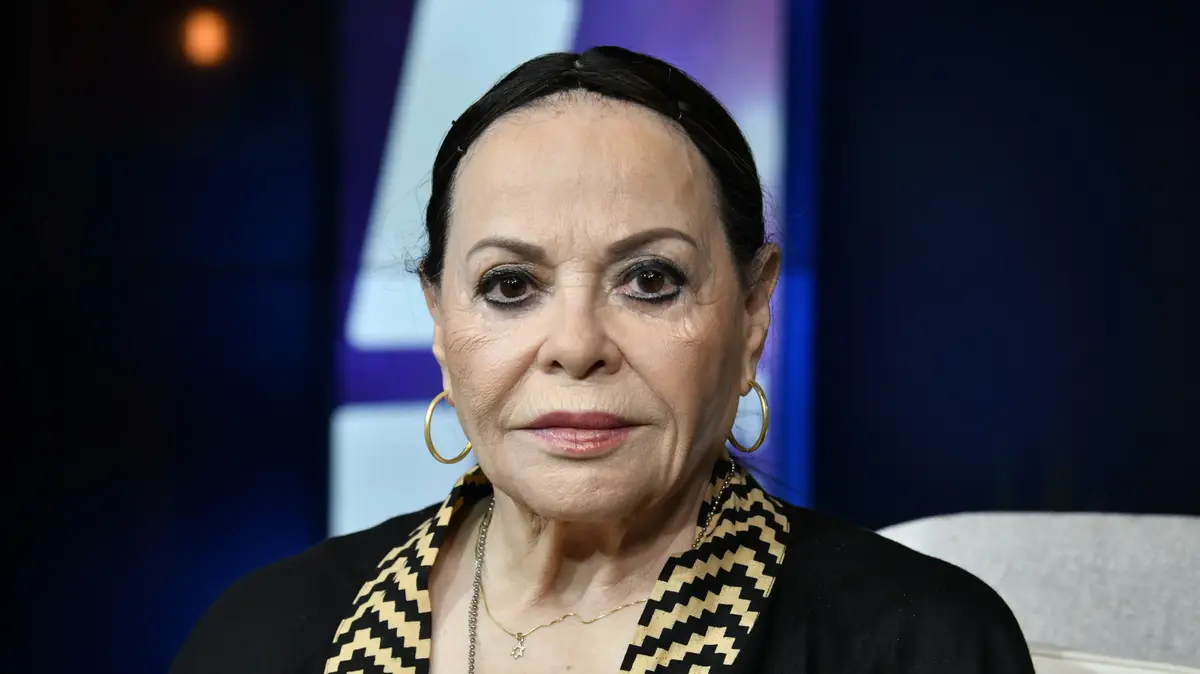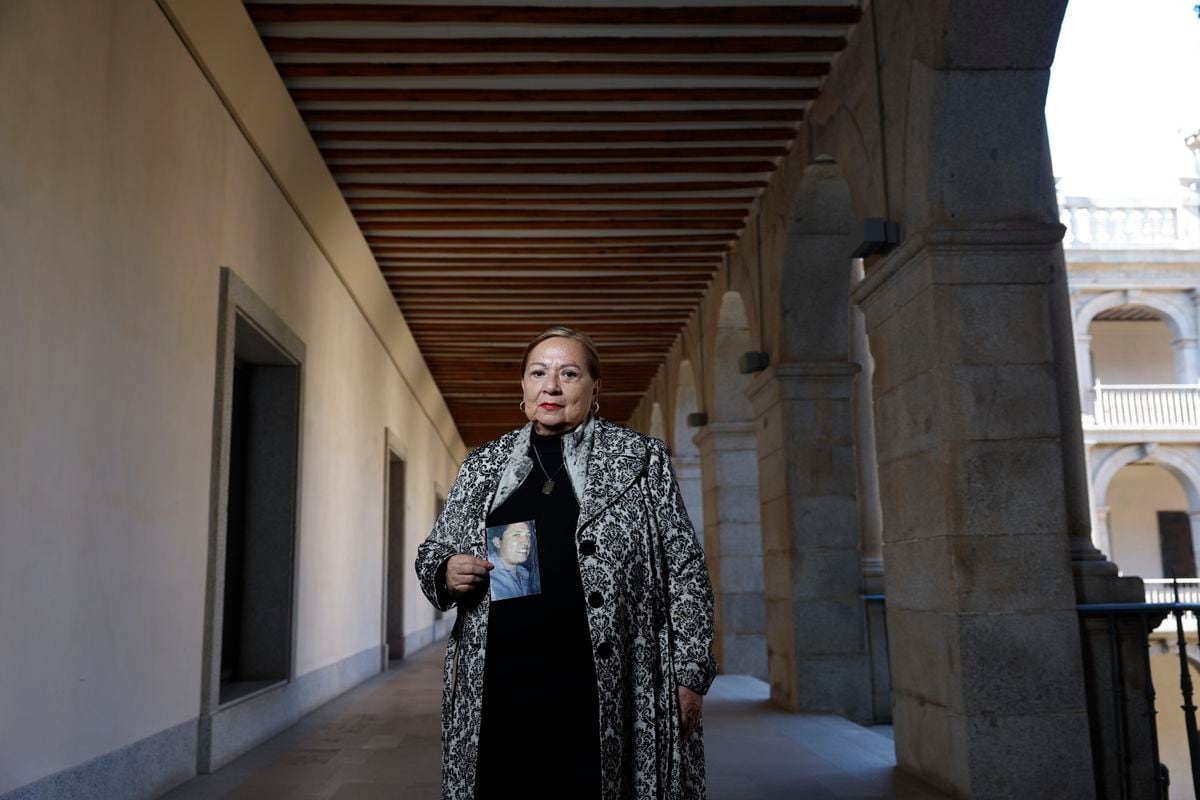The guardian of memory does not speak of Mexican emigrants but of political exiles. It does not talk about organized crime, but about authorized crime. He doesn't talk about missing; Talk about genocide.
The winning documentary of the 17th Morelia International Film Festival, one of the most important in Latin America, proposes another point of view on the exodus of Mexicans to the United States.
It intertwines the voices of the inhabitants of the Valle de Juárez, in Chihuahua, who testify that as of 2008 the arrival of the Federal Police and the Army brought disappearances, kidnappings, murders and extortions.
After years analyzing apparently isolated cases, an attorney from El Paso (Texas), Carlos Spector, concluded that if there is violence in that area, it is because there can be. That is why he defends that the victims who “jump”, as one of the testimonies explains, the border are political refugees fleeing the Mexican State.
With this analysis of the terror in the municipality of Guadalupe, a few miles from the border by road, Spector supports the requests for asylum before the American courts, although he has barely managed to win a case of 100.
https://www.youtube.com/watch?v=_y5OQ0AvME0
The fate of the lawyer is in tune with the rest of the Mexicans who try to exile to the neighboring country. Between January and October 2018, only 6% of Mexicans who applied for asylum managed to be granted this status. 4% of applications were denied and the rest were lost due to other causes, such as withdrawal.
The El Paso courts are the ones with the lowest political refuge concession rate in the country. Between 2013 and 2018, for example, almost nine out of 10 applications were denied.
The Mexican Foreign Secretary, Marcelo Ebrard, explained that there are 1,100 Mexicans who have applied for asylum in the United States, mostly from Ciudad Juarez. As he explained at a press conference on November 11, asylum in the United States may be for economic or security reasons, not just political persecution.
The official acknowledged that in 90% of cases they are rejected because the applicants are poorly advised: "Someone has told them that they can do it, but it is not so," he said.
But the protagonist of The Guardian of Memory , Carlos Spector, attributes the high number of rejections, above all, to the lack of willingness of migration judges to recognize Mexicans as political immigrants. “In Mexico, human rights are violated by ignoring the law; in the United States, applying the law, "he says, at a time of the film.
The lawyer appears, thus, portrayed as a sort of Oscar Schindler who from Texas struggles to avoid a genocide in the land where he grew up, in Guadalupe. But for the director of the documentary, Marcela Arteaga, she is the guardian of the memory of the victims of this undeclared civil war.
The film makes more sense today than ever, since last December 10, the US government detained who was the head of the Public Security of Mexico between 2006 and 2012, Genaro García Luna.
A New York court accuses him of conspiring to traffic in cocaine. Public opinion has already baptized him as the ideologue of the war on drug trafficking that began, in 2006, the then president of Mexico Felipe Calderón.
https://www.youtube.com/watch?v=Mma5yYsvbsI
Question: Why the story of Carlos Spector?
Answer: When I heard him talk about his cases, all the pieces of the puzzle he had started to square. What I was doing was explaining how violence was working in Mexico. I also had no idea that there was a community of Mexicans asking for political asylum [in the United States], because that is associated with a civil war and that speech does not exist here.
Q: Is this the novelty that the documentary presents?
A: Yes, [violence] has always been treated as a fight between cartels, but I think it has never been said that it is a genocide, because if you look for the definition, in broad strokes, it is an extermination towards a group determined by the State .
Q: In this case, it shows the municipality of Guadalupe, in Chihuahua.
A: I presented the movie at Hot Dogs, in Toronto, and when he finished, a guy from Oaxaca came and told me that exactly the same thing happens there. Most of the film's voices are from Guadalupe, because most of Carlos's cases are from there, but it is extrapolated to the whole country.
Q: Many abandoned houses appear in the documentary.
A: That is the town of Guadalupe. There were 17,000 inhabitants; Today there are 1,000 left. It is a social decomposition everywhere.
Q: Images of ordered objects in the desert are also seen.
A: It was a way to show that what happens is not planned but allowed. One of the characters told me that the first thing that happened before the roughest violence began was that the Coca-Cola bottler left. Where have you seen Coca-Cola close its doors? It is no accident that, having 3,000 Army troops, all this happened.
Q: What interest is there?
A: There are many things happening at the same time, and everyone takes advantage of what they can. They just built a road so you can cross into the United States without going through Juarez; gas pipelines pass through there, it is the best place to pass drugs because, by nature, that makes there can be no wall.
Q: Not that of Donald Trump?
A: I don't know if they are building it now because we filmed throughout 2016. It was my first time in Guadalupe, it's impressive. It's not about Trump. He has made it worse, but what happened to the characters began with Obama. Nor is it about [Felipe] Calderón because with [Enrique] Peña Nieto, it was worse. That's why I tried to remove that part.
Q: What does García Luna's arrest contribute to the story?
A: García Luna was the head of the country's security just when the violence began in the north. Now there is a livelihood of what Carlos [Spector] says: these are authorized crimes. If the security chief had dealings with the narco, what can you expect from below? It is true that he is not yet judged, but I have no doubt that what is said in the film is true.
Q: How did you react when you knew?
A: I couldn't believe it, I thought it would never happen. I was very happy to be arrested but on the other hand, I think they should have taken him in Mexico.
Q: What happened to your characters?
A: Half of them deported. Others are waiting for cases to end. One of them was in the Inter-American Court of Human Rights and won it. To some I showed the documentary. The best thing was that time passes and they demotivate, even Carlos, but with the film they went back on to continue denouncing.
Q: Is that what it has been for?
A: I feel it also works in terms of memory, so you don't forget what's happening. They [the characters] told me that if they didn't tell their stories, the death of their relatives will have been in vain.






